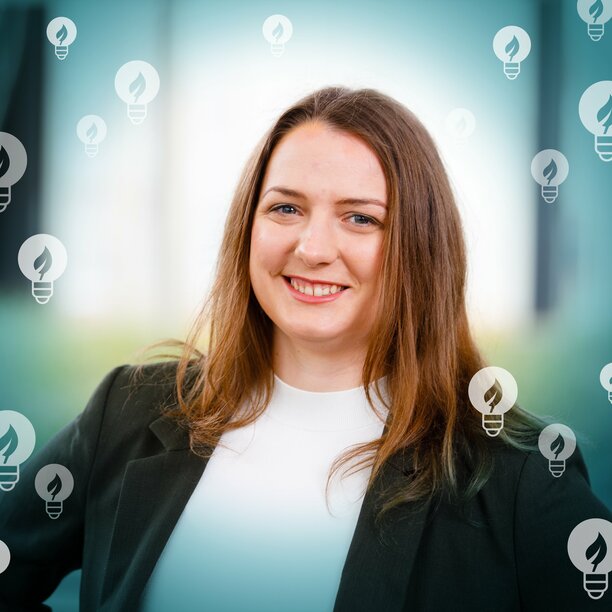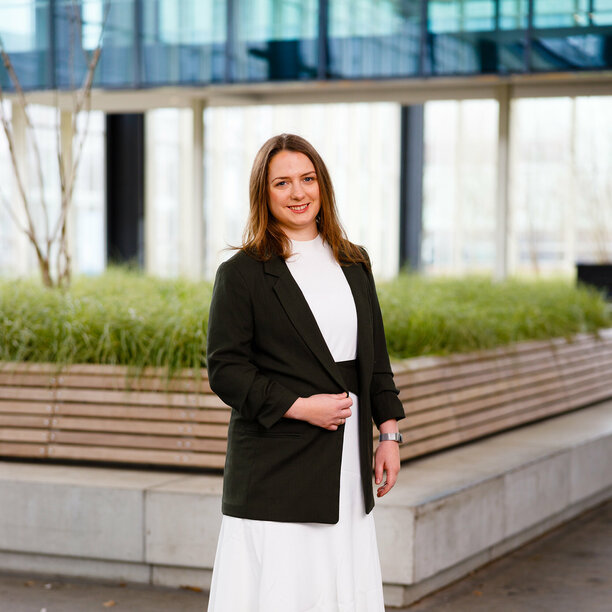Empowering Students
The pilot edition of the new international MSc summer school ‘Energy transition – the path towards net zero’ will be held from August 16th until September 3rd and is organized by TU/e in collaboration with the Technical University of Denmark (DTU) and the Sino-European Engineering Education Platform (SEEEP). Though initial talks about the MSc summer school had already started before Rücker joined TU/e in November 2020, she was immediately keen to bring this idea to life. ‘The summer school is inspired by the SEEEP PhD summer school which is organized yearly by our group Energy Technology together with the KTH Royal Institute of Technology in Stockholm, Tong University and Zhejiang University,’ Maja Rücker explains. ‘This new summer school is an addition to that, aimed at Mechanical Engineering Master students who have finished their courses and are on the verge of starting their internship or final project.’
Lectures, courses and project
During the 3-week summer school the students will get acquainted with the latest research on energy technology, Rücker tells. ‘They will join online lectures from a diverse group of international researchers to gain insights into the newest developments. This course also includes insight into R&D and international project management. In addition to these, the TU/e and DTU students will bring their knowledge on energy technology to application in a joint project. This enables them to gain experience in working in an international team.’ The last few days are reserved for a site visit to the campus of DTU in Denmark.
Organizing this summer school fits in well with Rücker’s belief that international and multidisciplinary collaboration is key to address complex challenges such as the energy transition. This conviction also reflects in her own track record so far. After studying Geoscience at the Johannes-Gutenberg University in Mainz, Germany, she pursued a PhD in Petroleum Engineering in a collaborative project between Shell Global Solutions International B.V. and Imperial College London. There she stayed on as a Research Assistant and later as Research Associate in the Chemical Engineering Department. To broaden her horizon further she decided to move to the Energy Technology group of the Department of Mechanical Engineering at TU Eindhoven last fall.
Develop a digital rock
At the Energy Technology group, Rücker is studying molecular interactions of fluids within porous materials and how these link to macroscopic flow phenomena. Her ultimate aim is to develop a digital rock model that can predict subsurface processes, for example as a result of gas injection, storage and extraction in relation to H2 or CO2 storage. She uses techniques such as AFM, X-ray, micro-CT and Inverse Gas Chromatography to gain information about the internal surface of the rock, including structural and chemical properties at the smallest scales. The aim is to end up with a comprehensive description of geochemical and reactive transport phenomena that cause precipitation and dissolution along the internal surface of porous rocks.
‘At TU/e, there is plenty of research about porous media ongoing that my work relates to,’ Rücker says. ‘Porous media are literally everywhere, from the subsurface to concrete constructions, and from electrodes to foams. My work is therefore not only relevant for describing subsurface processes, but also wider, for building digital materials.’ At the moment, the research is mainly focused at mimicking processes that have been observed in experiments. ‘But ultimately, the idea is to end up with predictive models, which could then also be used to design new materials for example.’
Scaling problems
In her branch of research, scaling is the biggest challenge, the geoscientist explains. ‘We are dealing with large heterogeneities in structures and chemistry, on scales ranging from molecular sizes to meters or even kilometers. By simultaneously working from the molecular scale up, and from the larger scales down, we hope to end up with a model that correctly describes how molecular processes lead to observed behavior at the macroscale.’
For now, Rücker is focused on making the MSc summer school a success. ‘This first edition will be a small-scale pilot, with only a limited number of participants from two universities. The aim for later editions is to scale up and involve other universities as well. Motivated and well-trained students are essential to drive the energy transition. It is our job to equip them with the required tools and motivate them to make the change.’

